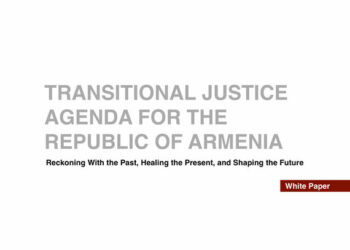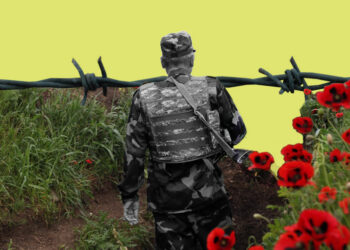Negating the Honeymoon Discourse
The International Republican Institute recently published its fourth public opinion survey since the Velvet Revolution. The survey found that a healthy majority of Armenians believe the country is heading in the right direction.











